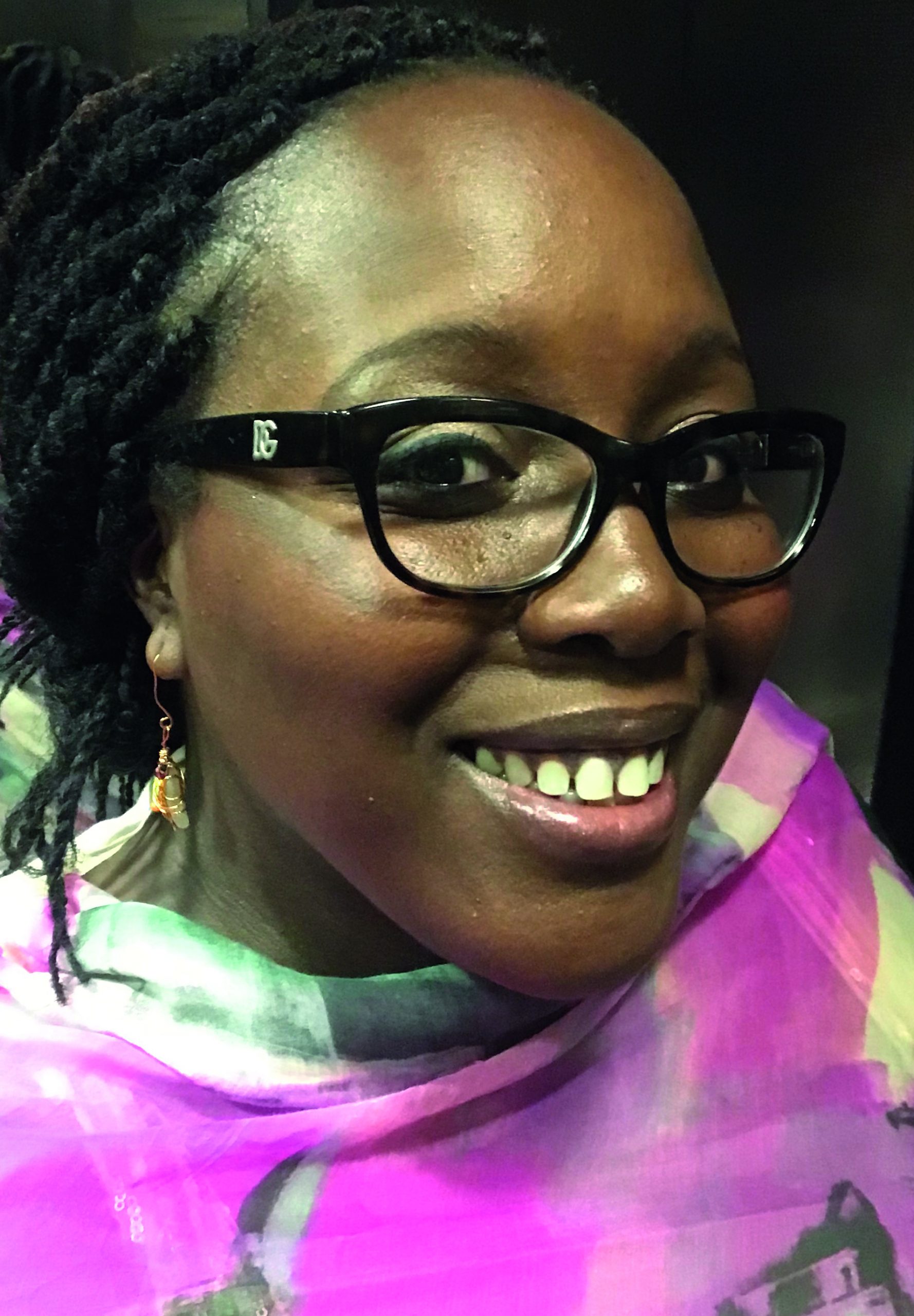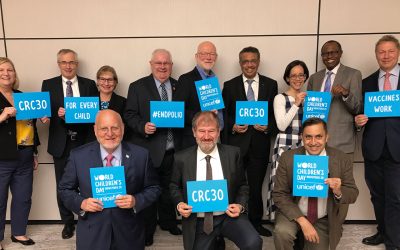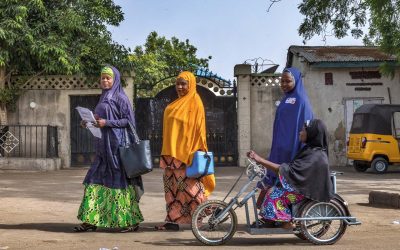When I look back to February this year, I’m still surprised how much has happened even though it felt like the world was stood still.
I wasn’t expecting to live in St Lucia for five months because of COVID-19 border closures.
I wasn’t expecting to see the Black Lives Matter movement have such a world-wide re-ignition; nor was I expecting to start a global community, all committed to educating themselves and others about racism and anti-racism, and to stand against racism in their daily lives.


Nadine Pemberton
When I saw the events surrounding the murder of George Floyd unfolding, I knew I had to do something.
On May 30th, I set up ‘Rotarians against Racism’, a discussion group on the ‘My Rotary’ website. That was quickly followed by a Facebook group which has grown to 1,250 members who are having challenging, honest and open discussions about racism, anti-racism, white privilege, and what the Black Lives Matter movement means to them.
One thing that we are all clear about, is that all of us – Rotary, Rotarians, and others – need to change and be the change to end racism.
Rotarians around the world are already showing their commitment and taking action. They have set up diversity committees, are engaging with their communities, and being very clear about their stand against racism.
Rotary International has held discussions on equality and inclusion and is now in the process of setting up a Diversity, Equity, and Inclusion Task Force.
This is a positive start, but there is much work to do; and the first step must be to look at our internal processes, systems, and policies.
We cannot say that we stand for peace and yet not stand against racism.
We should not ignore what is behind movements such as Black Lives Matter and say that this is a political issue so we should not speak about it, nor should we take action.
Rotarians around the world are already showing their commitment and taking action. They have set up diversity committees, are engaging with their communities, and being very clear about their stand against racism.”
Our work as Rotarians is about our commitment to fight inequity, inequality, and injustice in all forms.
Recent events should not dissuade or alter our course of action, they should only serve to strengthen our resolve and make us more firm in our cause. This is not a political issue, this is a human issue.
Black Lives Matter is about even more than black men and women being killed by police in America; it is about even more than inequalities in healthcare and health outcomes that have been highlighted throughout COVID-19.
Black Lives Matter is about humanity. It is about peace-building and conflict prevention; disease prevention and treatment; water sanitation and hygiene; maternal and child health; basic education and literacy; and community economic development.
We cannot say that we stand for peace and yet not stand against racism.”
It is about accepting that it is not the truth to say that ‘All Lives Matter’ until we can say it is the truth that Black Lives Matter.
Just imagine what could happen if we took our stand against racism with the same vigour, commitment, fight, and unwavering determination that we took when we decided we would end polio.
In its simplest form, this is my hope.
So my question to all of us, to Rotary and the members of our Rotary family, is what are you doing to open opportunities that show we are people of action, standing firmly against racism?


























































